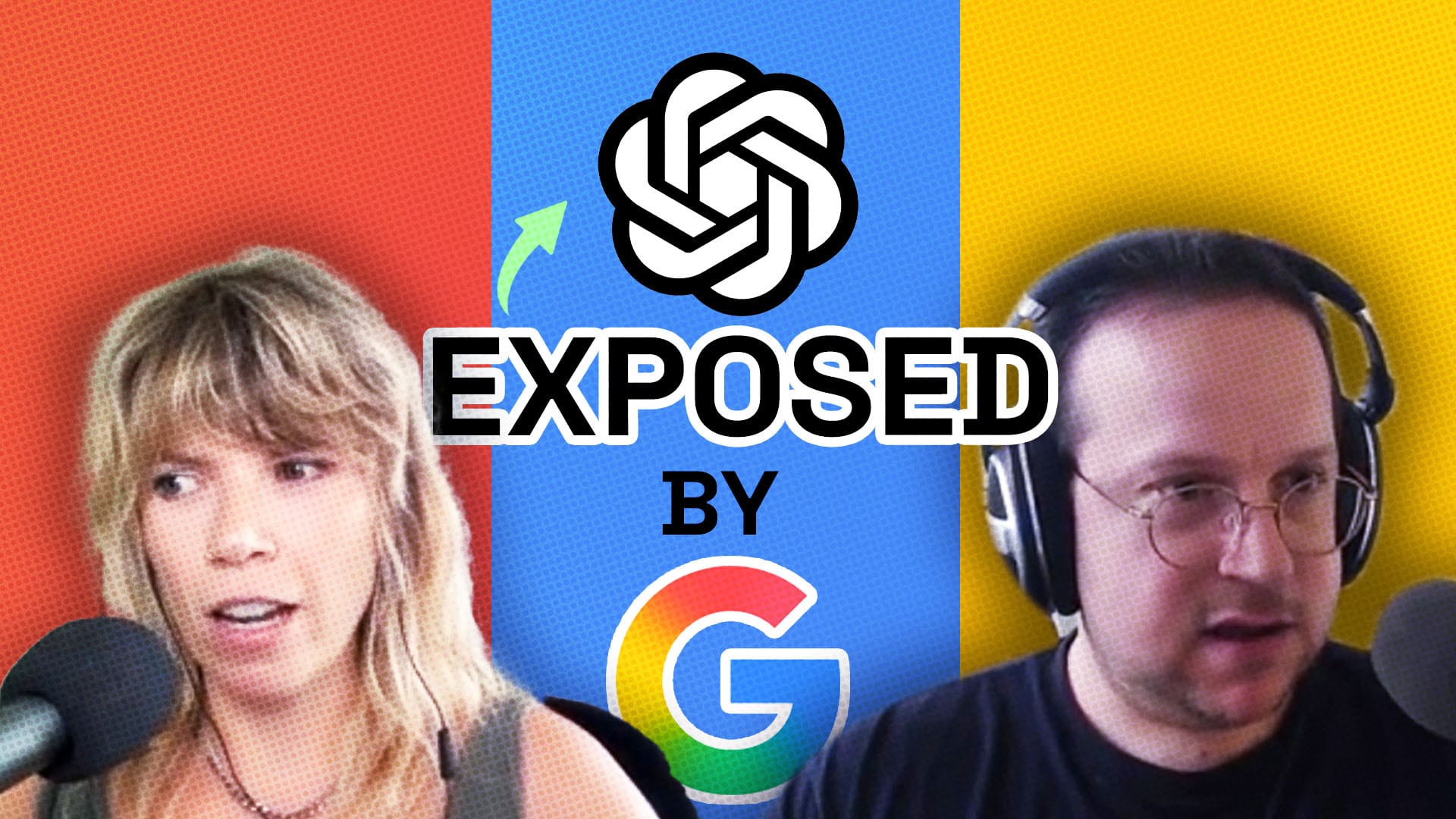Developer Offer
Try ImaginePro API with 50 Free Credits
Build and ship AI-powered visuals with Midjourney, Flux, and more — free credits refresh every month.
Your Private ChatGPT Chats Are On Google Search

This week's 404 Media podcast dives into some critical issues at the intersection of technology, privacy, and online content moderation. The episode covers a startling privacy breach involving ChatGPT, Wikipedia's new defensive strategy against low-quality AI content, and a historical look at censorship on major gaming platforms.
Google Exposes Thousands of ChatGPT Conversations
The episode kicks off with a significant story about a major privacy oversight. It was discovered that nearly 100,000 private ChatGPT conversations were indexed and searchable on Google. This happened because users utilized ChatGPT's "share" feature, which creates a public link to the conversation. While intended for sharing, these links were not protected from search engine crawlers, leading to the unintentional public exposure of potentially sensitive and personal information that users discussed with the AI.
Wikipedia's New Defense Against AI Slop
Next, the podcast explores the growing challenge of "AI slop"—low-quality, inaccurate, or nonsensical content generated by artificial intelligence. In response, Wikipedia editors have adopted a new 'Speedy Deletion' policy. This policy allows administrators to quickly remove articles that are identified as being wholly or substantially generated by AI without proper human oversight, helping to maintain the encyclopedia's standards for accuracy and reliability in an era of automated content creation.
The Deep Roots of Steam and Itch.io Censorship
For subscribers, the podcast delves into the complex history of content moderation and censorship on gaming platforms. It traces the origins of the content policies on platforms like Steam and Itch.io, revealing that today's debates are rooted in an anti-porn crusade that began over 30 years ago. This segment provides crucial context for understanding how and why these digital storefronts make decisions about the content they allow.
Listen to the Full Episode
You can listen to the full weekly podcast on Apple Podcasts, Spotify, or YouTube. Paid subscribers get access to bonus content, and you can add a private feed to your podcast app to never miss an extended episode.
Compare Plans & Pricing
Find the plan that matches your workload and unlock full access to ImaginePro.
| Plan | Price | Highlights |
|---|---|---|
| Standard | $8 / month |
|
| Premium | $20 / month |
|
Need custom terms? Talk to us to tailor credits, rate limits, or deployment options.
View All Pricing Details

